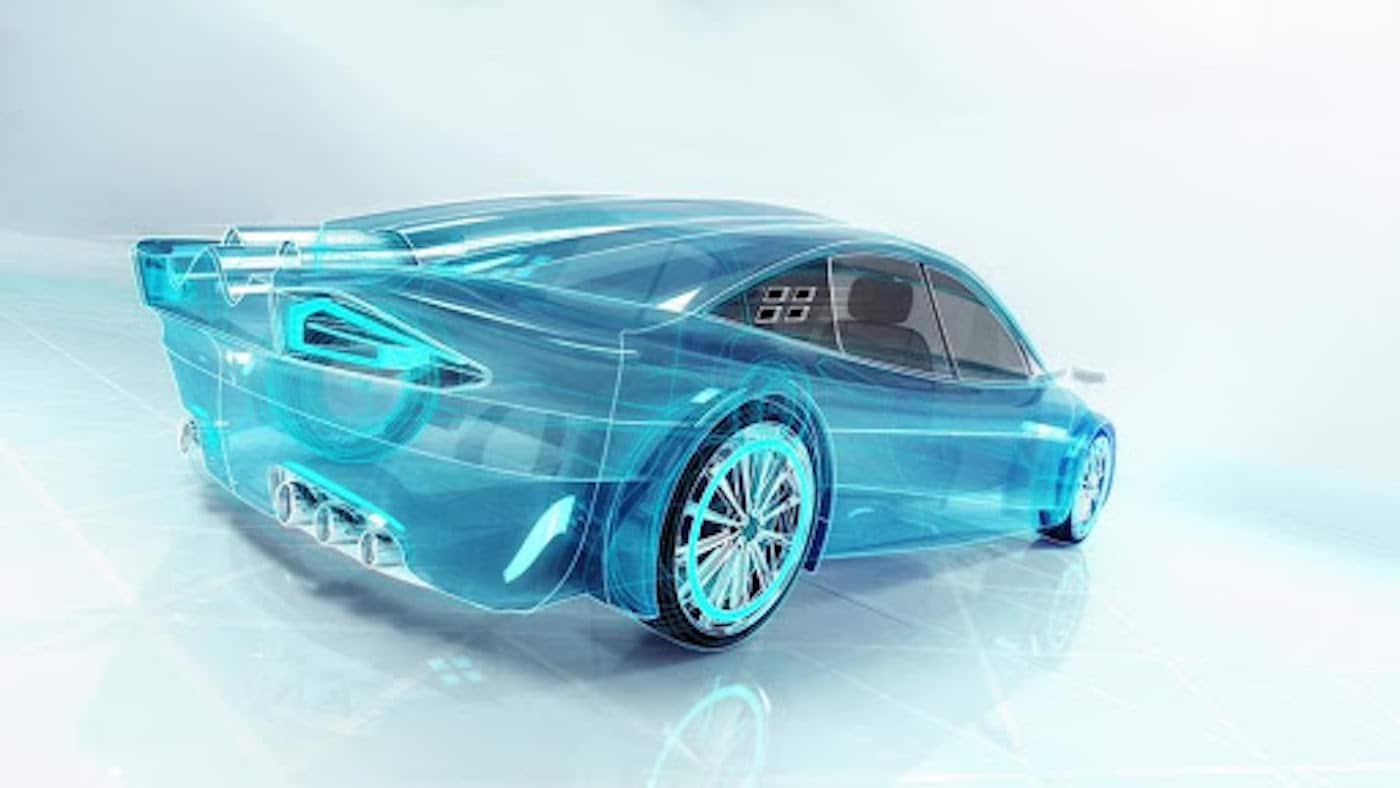A great customer experience remains the cornerstone of successful companies, and most successful companies use new technologies to keep up with consumer demands. The way of doing business has changed, and brands must increasingly rely on new technologies to remain relevant.
Consumer behavior and expectations are always changing, and auto manufacturers and retailers must constantly improve the customer experience–because customers love businesses that focus on them and understand their needs.
The key to becoming a successful company in the automotive space is to focus on solving customer problems in the most efficient way. The best brands are those that exceed customer expectations and offer value.
Here are 3 technologies auto companies are using to improve the auto experience for customers.
Artificial Intelligence
We live in the age of information where machines, humans, and data have a symbiotic relationship–which is expected to become even stronger with time. But we also live at a time when consumers are more knowledgeable. They know what they want to buy, where to get it, how to get it, and when to get it.
Auto companies shouldn’t just provide AI-generated car stock photos to promote sales, they should identify the issues customers face, come up with solutions, and leverage AI to guide future customer experiences. They can use the customer experience strategy to gain insights and meet customer expectations.
AI tools can help auto companies identify why and where customers struggle in their buying journey. They can collect customer feedback, questions, positive reviews, and complaints. These insights can help auto companies see what to improve on to enhance the customer experience.
AI can also help customer support agents in their daily tasks and save companies resources and money through Human-Machine collaborations. It can free up employees’ time, allowing them to focus on more important tasks such as upselling and solving complex issues. Thanks to AI, smart machines can take over the mundane tasks in organizations.
Increased Connectivity
In a digitalized world, enhanced connectivity accelerates monotonous admin processes, like insurance and maintenance. It ensures car owners spend less time going through paperwork and more time on activities that are valuable to them.
Automotive authorities have started giving vehicles unique digital identities to differentiate one from the other. This may soon replace traditional vehicle documentation and allow car data to be tracked for individual security applications and governmental purposes.
Predictive Maintenance
In the past, the voice control and navigation systems in most cars were clunky. The voice control feature could never get the commands right and took a long time to do what you wanted it to do. But auto companies are now improving the customer experience by using features like Apple CarPlay. The app mirrors what’s on your iPhone, creating a brilliant connection between your phone and car.
The automotive industry is the second most data-driven industry in the world. And thanks to new technologies, manufacturers are now able to collect tons of information about vehicles and drivers. The industry is gradually moving towards the future, and car owners will soon find themselves enjoying highly innovative driving solutions.


